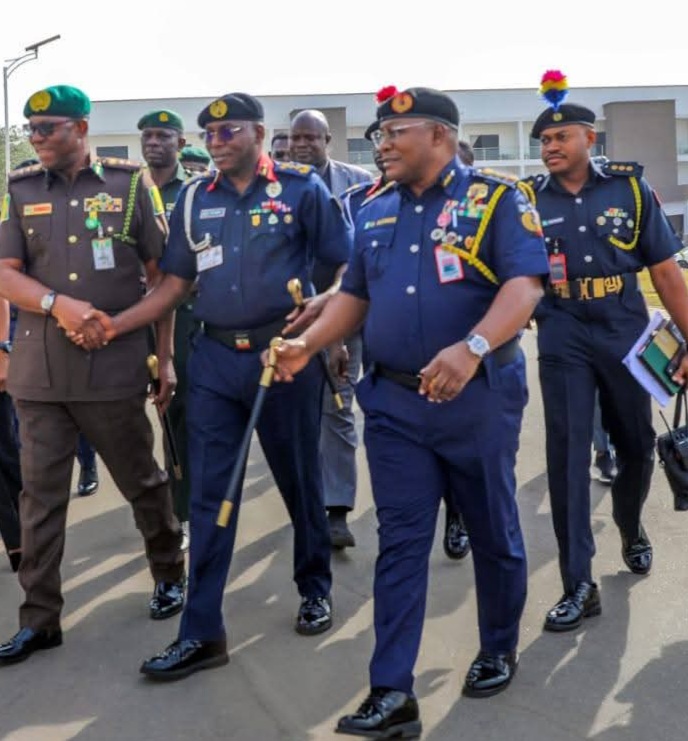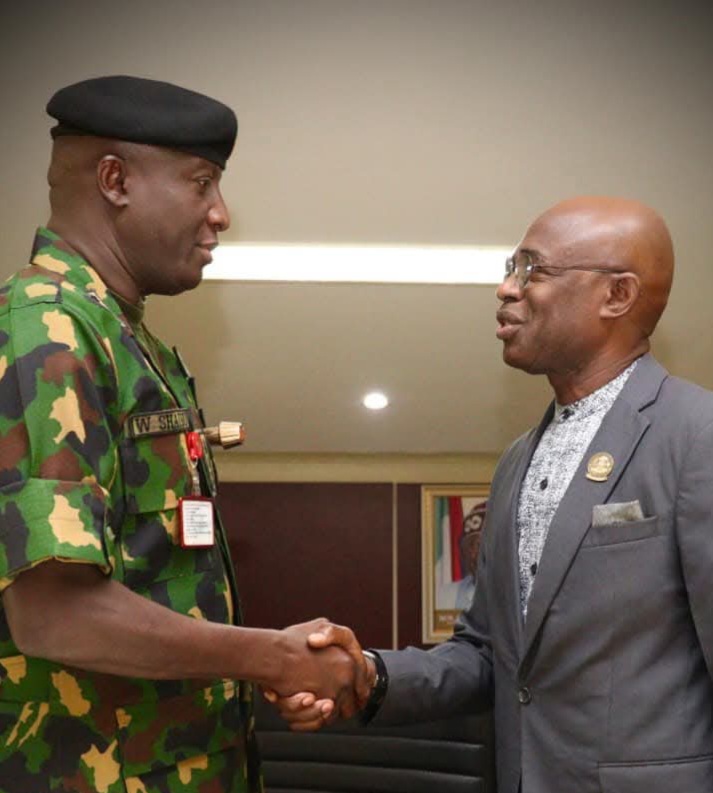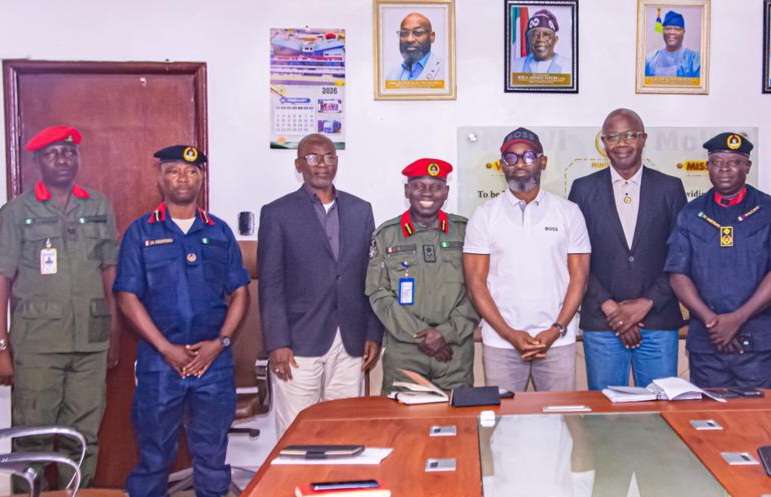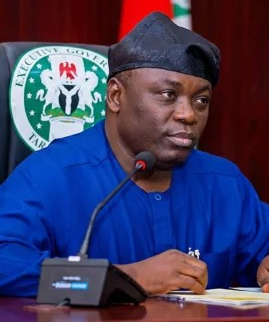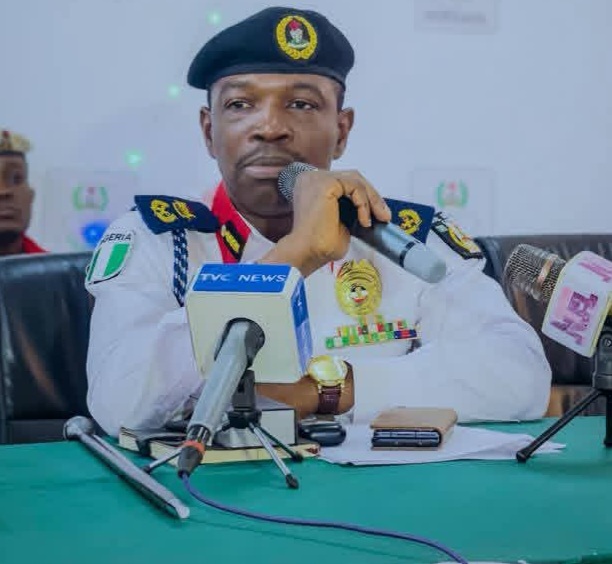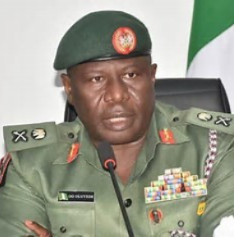
The Chief of Army Staff (COAS), Lieutenant General Olufemi Oluyede, has reaffirmed that the Nigerian Army’s ongoing transformation agenda is solidly built on improving the welfare and professional competence of its personnel. This focus, he said, is aimed at repositioning the Army for enhanced operational performance and deeper service to the nation.
Oluyede made this known in Abuja during a media briefing to flag off the 2025 Nigerian Army Day Celebration (NADCEL). Represented by the Chief of Civil-Military Affairs, Major General Gold Chibuisi, the Army Chief explained that this year’s celebration is anchored on the theme, “Developing the Soldier First Concept: Imperative for Nigerian Army’s Transformation Drive.”
According to him, the theme reflects the Army’s renewed vision to place the soldier at the centre of all reforms, emphasising that real transformation must begin with those who carry out the force’s constitutional duties.
“The Nigerian Army, as a vital symbol of national unity and development, has made substantial progress in areas such as innovation, research, civil-military relations, and technology,” Oluyede stated. “These advancements are all directed at better equipping the soldier for the complex security tasks of today.”
He stressed that the Army’s effectiveness is directly linked to the condition of its personnel, adding, “A well-catered, well-trained, and well-equipped soldier is key to national security and democratic stability.”
The Army Chief further outlined efforts to modernise and upgrade the Army’s capabilities, reiterating that the welfare of personnel would remain the foundation of ongoing reforms.
Reflecting on Nigeria’s current security challenges, he acknowledged the threats posed by terrorism and other internal security crises. “Our country has faced relentless attacks from enemies of peace and agents of instability. These threats have tested our resolve, but the Army has consistently risen to the challenge to protect our sovereignty and uphold national unity.”
Oluyede assured Nigerians that the Army would not back down from its constitutional responsibility of safeguarding lives and preserving democracy.
As part of this year’s NADCEL activities, the Army plans to launch several civil-military projects, offer free medical outreach, and host community engagement initiatives, with the Nigerian Army Officers’ Wives Association playing a key role.
In addition, public lectures and educational programmes will be held across Army formations to promote civic responsibility and national values among youths.
Highlighting the Army’s rich history, Oluyede recalled its founding in 1863 by Lieutenant Glover of the Royal Navy, who established the “Glover Hausas,” a local force that laid the groundwork for today’s Nigerian Army.
He praised the resilience and commitment of Nigerian soldiers over the decades — from fighting in global wars and peacekeeping missions to domestic efforts against insurgency.
“This celebration is not just to honour our past, but to ensure the modern Nigerian soldier is equipped to confront emerging security challenges,” Oluyede concluded.


